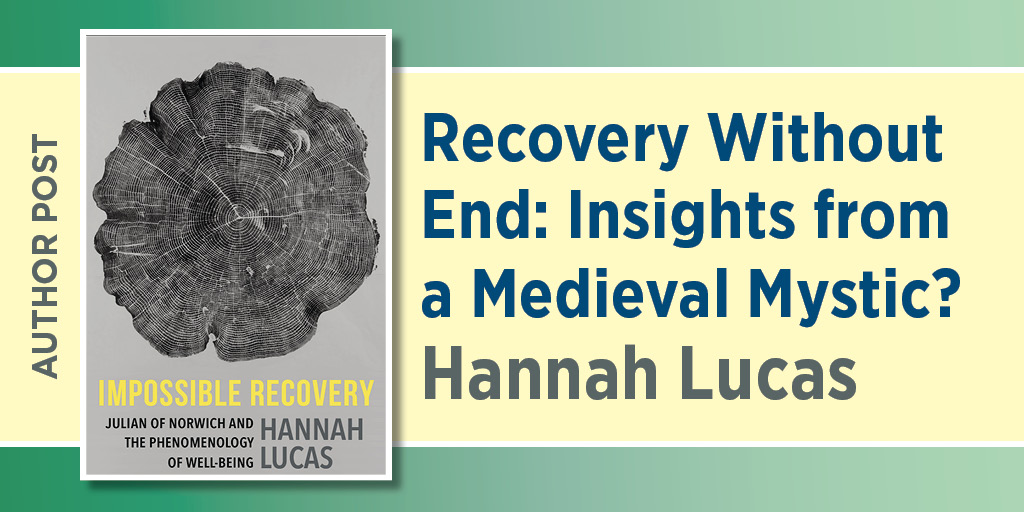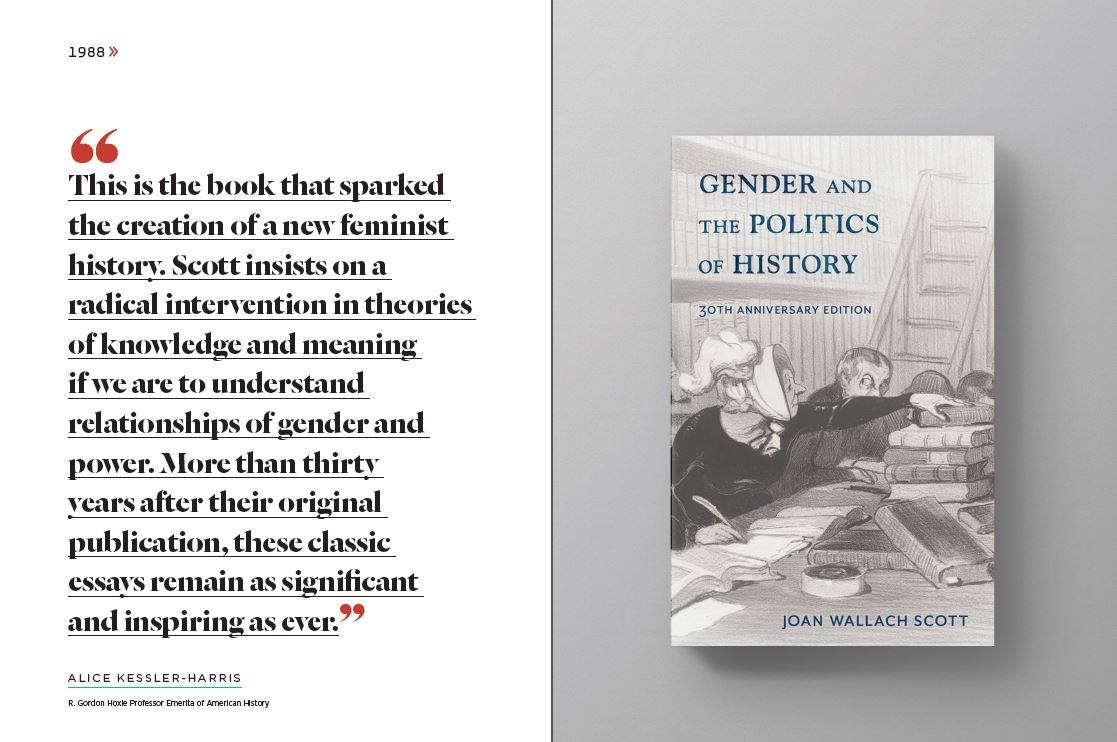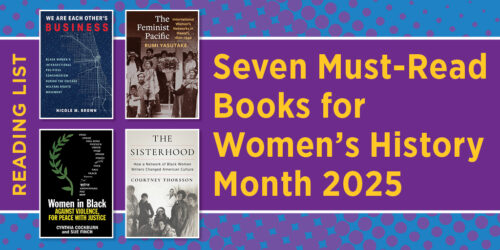Recovery Without End
Insights From a Medieval Mystic?
Hannah Lucas

In a world still reeling from a deadly pandemic, a woman, gravely ill, believes she is going to die. Languishing on her sickbed, shadowy figures at her bedside prepare her for death. She can’t focus, can’t move; her pain is too great. She can barely even breathe.
Perhaps surprisingly, this isn’t a modern account, but the experience of Julian of Norwich, the fourteenth-century English mystic known best today for her phrase “all shall be well.” It is on this very sickbed that Julian will receive her mystical visions, or what she calls her “revelations of love,” as the crucifix held before her face begins to glow, luminous, and comes to life. It is here that she encounters God, in a series of divine “showings” that reveal to her the nature of sin, God’s love for humankind, and Christ’s suffering on the cross.
Julian will spend, as far we know, the rest of her life contemplating the meaning of these revelations, writing them down in her complex but strikingly optimistic text, Revelations of Divine Love. In this profoundly accomplished piece of theology, Julian leads her reader through the depths of her experience, putting into words as best she can the nature of her illness and the entirely ineffable divine encounter that accompanied it.
At the heart of Julian’s Revelations lies a striking paradox: true recovery is never complete.
In Impossible Recovery, I wanted to better understand how these two events—her illness and revelation—coincided. What did she really experience, what did she feel, there in her sickbed in 1373? What did it teach her about the nature of existence and being well in the world? And how might her theological insights speak to—while refusing to simply solve—our contemporary crises of well-being?
At the heart of Julian’s Revelations lies a striking paradox: true recovery is never complete. Writing in the wake of her near-death experience, she describes not a journey back to health but an ongoing process of understanding and engagement with the world. Central to this vision is the concept of “homlyhede”—a Middle English term suggesting both homeliness and familiarity. For Julian, well-being isn’t just about physical health or positive feelings, but about finding a way to be “at home” in the world, even amid suffering.
To trace the fragile line between the medieval and the modern, Impossible Recovery brings Julian’s mystical vision of human well-being into dialogue with contemporary approaches to health. Modern phenomenologists in the post-Heideggerian tradition speak of “homelike being-in-the-world” as key to well-being, an idea reflected back to us via Julian’s own theological framework. Her emphasis on the act of “beseking” (seeking) suggests that true homeliness involves both earthly belonging and spiritual seeking—an endless beginning rather than a final arrival.
Julian shatters the individualism that underpins so much of modern wellness culture, inviting us into a more compassionate, more ecologically minded way of being.
If there’s one thing I wanted Impossible Recovery to do, it’s to reflect the compassion that grounds Julian’s own text; to think more expansively about the role of love in creating a world that is well. “Love was his meaning,” says Julian of her revelations: her vision, and human existence itself, is infinitely and irrevocably grounded in love. To this end, she writes not for herself, but for her “even cristen” (fellow Christians); as she sees it, recovery isn’t a solo journey, but one deeply embedded in human relationships. Her vision is of humankind as inherently interconnected—both to each other and the world around us.
In our current era of quick solutions and wellness trends, this view of recovery offers something valuable, I think: not as a remedy for modern concerns, but as a different way of thinking about what it means to be well. Julian shatters the individualism that underpins so much of modern wellness culture, inviting us into a more compassionate, more ecologically minded way of being. She also suggests that true recovery might not be about arriving at a destination, but about learning to dwell more fully in the journey itself. We might say that in the impossibility of complete recovery lies the possibility of genuine healing.
Impossible Recovery asks: What can the written word help us recover, what might Julian have to say that can help us articulate a vision of well-being beyond the boundaries of our current imagination? Maybe what she can offer is, if not answers, then openings—tiny cracks through which the light might get in, which invite us to look again at ourselves and the world we live in. To look especially at the pathophobia, the fear of illness and pain, that binds our modern consciousness to its perpetually individualizing and optimizing pursuit of well-being.
“Pain is passing,” says Julian. Also: you can take pain from humanity, but not humanity from pain. It will come again. If nothing else, this could serve as a reminder, of something we likely already know: that seeking a home in the world, with ourselves and with others, means becoming homely with even in these most unhomely places. And still, having hope that all shall, in the end, be well.
Hannah Lucas is the Newby Trust Research Fellow at Newnham College, University of Cambridge and the author of Impossible Recovery: Julian of Norwich and the Phenomenology of Well-Being.
Categories:Author-Editor Post/Op-EdGender StudiesHistoryPhilosophyReligionWomen's History MonthWomen's Studies
Tags:ChristianityCompassionHannah LucasHealthImpossible RecoveryInterconnectednessJulian of NorwichMedieval HistoryMysticismPhenomenologyrecoverysufferingTheologywell-beingwomen's historyWomen's History Month 2025
Related Posts
-

-

-

-

-

-

-

-
 African American / Black Studies / American History / Asian Studies / Business / Economics / Feminist Theory / Fernwood Publishing / Gender Studies / History / Literary Studies / Reading List / Women in Business / Women's History Month / Women's Studies
African American / Black Studies / American History / Asian Studies / Business / Economics / Feminist Theory / Fernwood Publishing / Gender Studies / History / Literary Studies / Reading List / Women in Business / Women's History Month / Women's StudiesSeven Must-Read Books for Women’s History Month 2025
